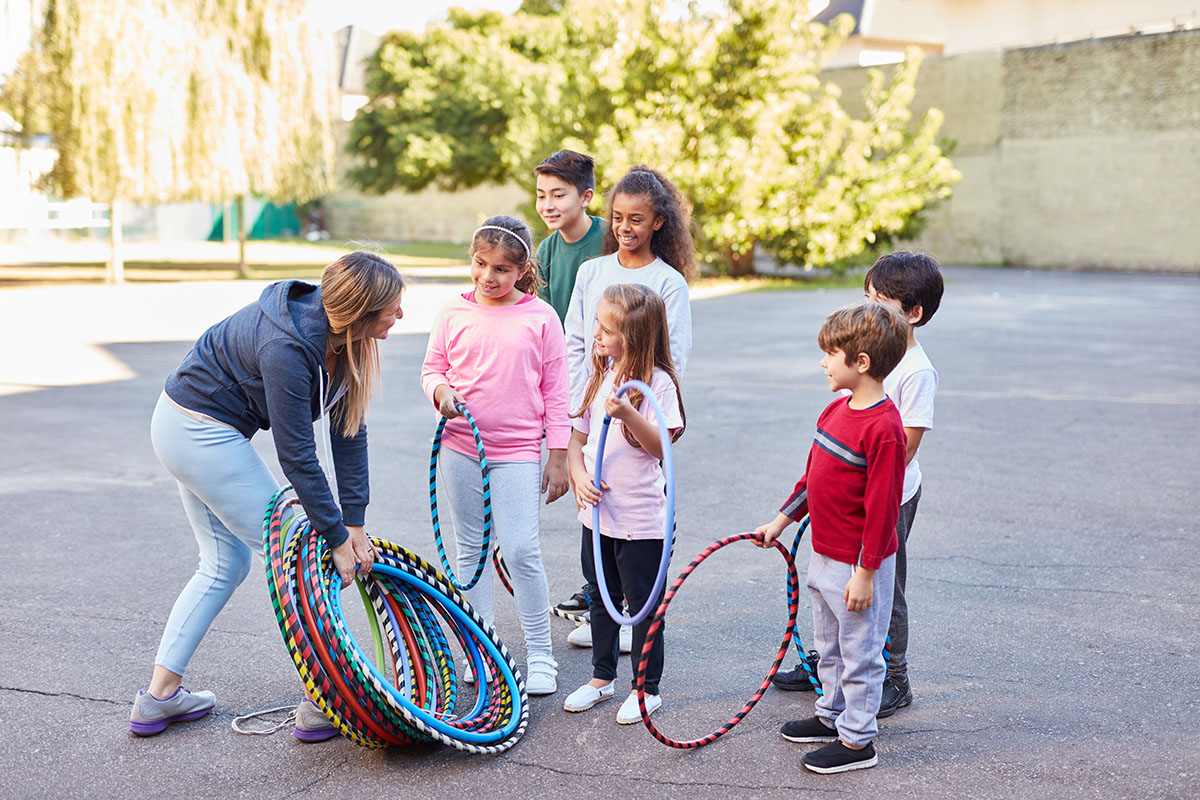All teachers know that their learning about teaching doesn’t stop at the end of their degree or PGCE. As well as developing their own classroom experience, most teachers are genuinely interested in continuing to explore ideas and research.
It can be hard to decide which books to prioritise, so why not look at some recommended titles here:
The Future of Teaching
This is an interesting take on teaching written by Prof Guy Claxton, a cognitive scientist who has some divisive opinions. His critical approach has caused some controversy on social media and the headlines created have certainly brought his book to the attention of many within the profession.
Claxton uses his knowledge to question the use of cognitive science in policymaking that dictates a particular teaching style. With the new Early Years Curriculum coming into play this year it is a very topical subject within the profession.
How Learning Happens
Paul Kirschner and Carl Hendrick have rigorously compiled what they consider to be the most important research publications in the psychology of education and gone on to provide a summary of the conclusions for each with some practical suggestions for teachers to use in the classroom.
This is an excellent book with distinct chapters that contain links to further reading, making this a very practical and accessible work for teachers to learn from.
The BASIC Coaching Method
Written and published by Andy Buck, a former headteacher, this is a guide for teachers and school leaders in the art of coaching.
It provides an excellent background in coaching with strategies for promoting coaching within schools. Designed with lots of interactive questions and self-evaluation it enables the reader to develop their techniques in coaching.
Stop Talking, Start Influencing
With 15 years of experience in conducting brain research, the author Jared Cooney Horvath is well qualified to advise on how people learn.
This book is a great read for those who are interested in finding out how to make their teaching more successful and get a deeper understanding of their students.
Classroom Observation 2.0
Despite a culture shift in the value of classroom observations for making judgements, observation is still very much a regular practice in most schools. This book, written by Prof Matt O’Leary, is an essential read for anyone who has responsibility for observing others.
Based on good research, it shows how effective observations can be when based on reliable evaluation methods. An excellent book for improving observation techniques and adding more value to the results.
Retrieval Practice
Retrieval practice is a very topical idea in education. This book, by Kate Jones, a current teacher, is an excellent example of sharing peer knowledge and research findings to enhance practice.
It provides excellent evidence based ideas to help teachers in the classroom at primary and secondary to develop strategies for improving teaching, learning and long term memory.
Powerful Teaching
This book, written in 2019 is by cognitive scientist Dr Pooja Agarwal and experienced teacher Dr Patrice Bain. Their collaboration led to a practical book that is full of research based ideas to bring easily implemented ideas to be applied in the classroom.
Teaching Walkthrus
This very accessible book by Tom Sherrington and Oliver Caviglioli presents 50 ideas divided into bite sized chunks with illustrations to inform teachers and provide a range of resources to use in class.
Easy to dip into but backed up by educational research it is a great one for teachers to have in their toolkit.
Connect the Dots
Tricia Taylor wrote this book in 2019 to explore the connection between relationships, memory and mindsets in relation to learning.
Based on excellent research in the field it contains useful guides for leaders to enable them to develop CPD training for staff as well as making it a great read for those teachers interested in cognitive science.









